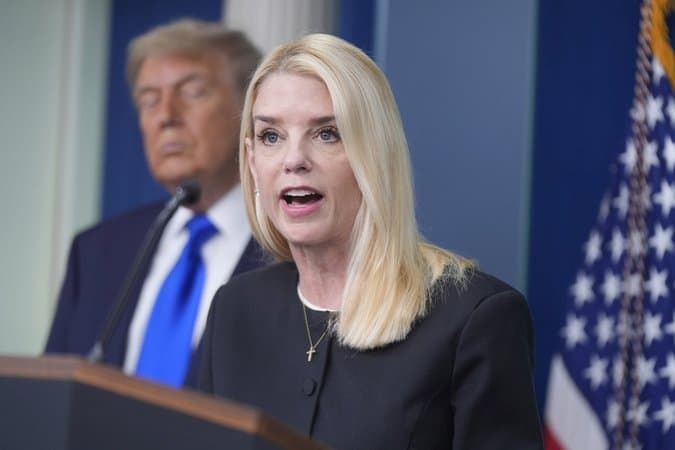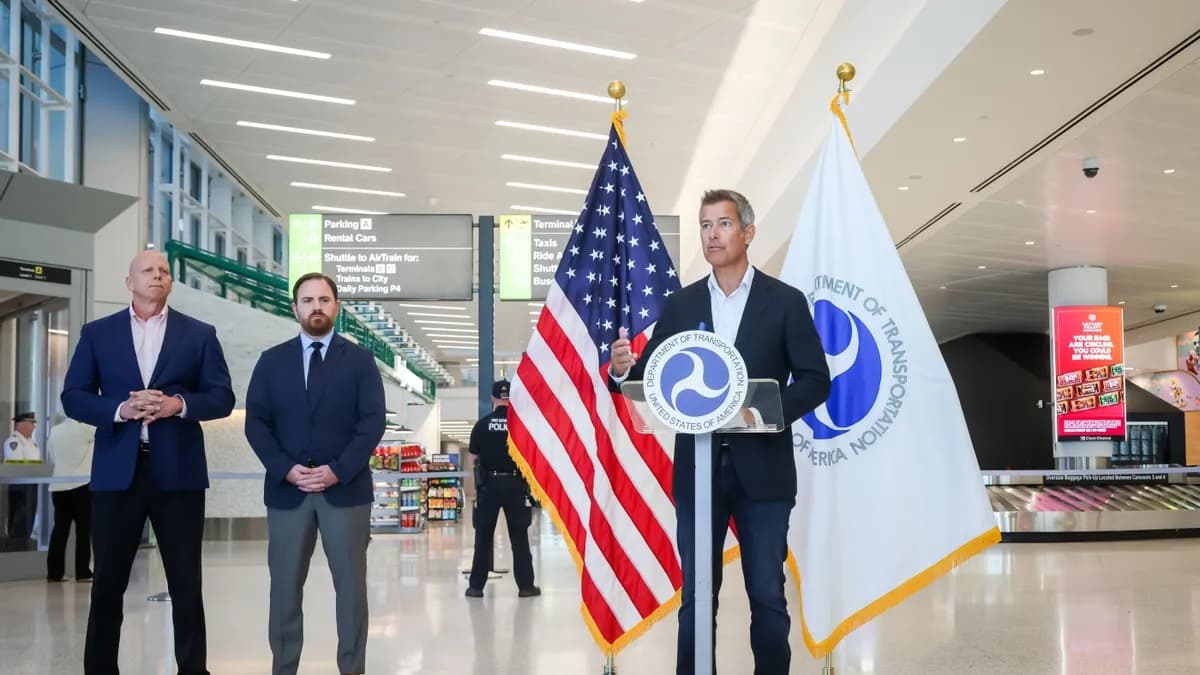Justice Department asks Florida court to unseal Epstein grand jury transcripts
The Justice Department filed in federal court in Florida asking judges to unseal grand jury transcripts from the early federal probes of Jeffrey Epstein, triggering a statutory 30 day clock for public release. The move follows Congress enacting the Epstein Transparency Act and signals an urgent push by the department to reconcile longtime grand jury secrecy with new demands for disclosure.

On November 22, 2025 the Justice Department moved in federal court in Florida to unseal grand jury transcripts from the 2005 and 2007 federal investigations of Jeffrey Epstein. The filing came after Congress enacted the Epstein Transparency Act, setting a 30 day statutory deadline for the Justice Department to produce unclassified records related to the Epstein matter, and followed unanimous Senate passage and overwhelming votes in the House that compelled release of previously withheld investigative materials.
In its filing the department told the court that the new law requires public production of unclassified records and that grand jury materials should not be treated as categorically exempt from disclosure. DOJ attorneys asked for a prompt ruling and said the department would work to make redactions to remove victim identifiers and other privacy sensitive information prior to public release.
Grand jury secrecy has long been a fundamental feature of the federal system, rooted in the Federal Rules of Criminal Procedure and the Justice Department practice of protecting witness privacy and ongoing investigations. The department’s position in the Florida filing marks a notable shift, arguing statutory changes now override the default treatment of grand jury materials in this narrow set of cases tied to Epstein and his associate Ghislaine Maxwell.
The request in Florida is part of coordinated filings in multiple jurisdictions as the department prepares to comply across the board. The 30 day clock that began with the law’s enactment places the practical deadline in late December 2025, forcing courts and prosecutors to balance competing imperatives of transparency and victim privacy on an expedited timetable. DOJ told the court it will undertake redaction work ahead of release, a technically complex process that could affect how much material becomes public within the statutory window.
Beyond the immediate legal fight, the filings carry broader policy and institutional implications. The bipartisan votes that produced the Epstein Transparency Act reflect intense political pressure for disclosure after years of criticism that earlier prosecutorial decisions and plea arrangements were shrouded in secrecy. Lawmakers and advocates have framed the change as part of a wider push for governmental accountability in high profile investigations.
Economically the direct market impact is likely limited, but there are potential financial reverberations. The unsealing could feed civil litigation and claims against estates and trusts linked to Epstein and others, which may prompt additional settlements or insurance exposures. Firms and institutions named in any uncovered records could face reputational and legal risks that in turn influence shareholder valuations and the cost of litigation financing.
Longer term the episode may set a precedent for congressional use of statutory mandates to pry open investigative materials in exceptional matters, altering the balance between prosecutorial discretion and public oversight. Courts will now be asked to interpret how tightly the new law constrains longstanding secrecy norms, and the decisions made in the coming weeks will determine how much of the historical record becomes available before the statutory deadline.


